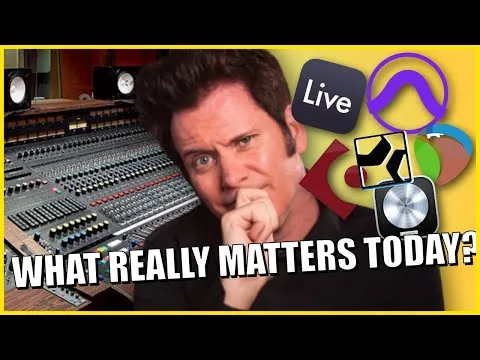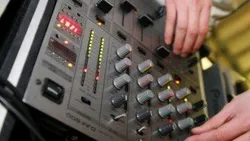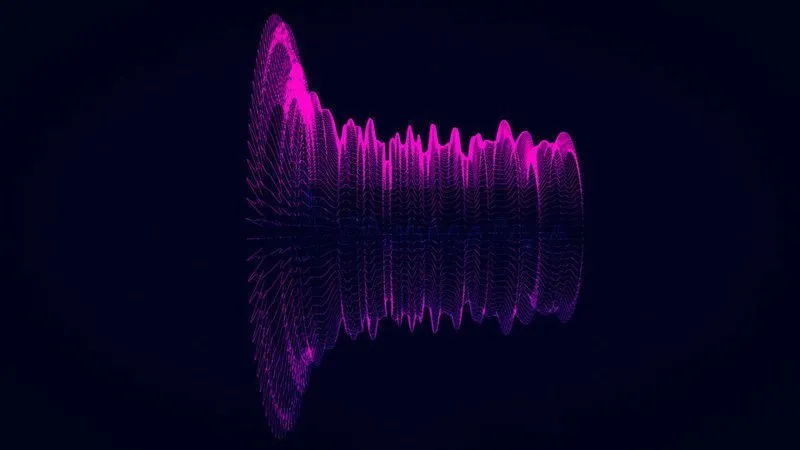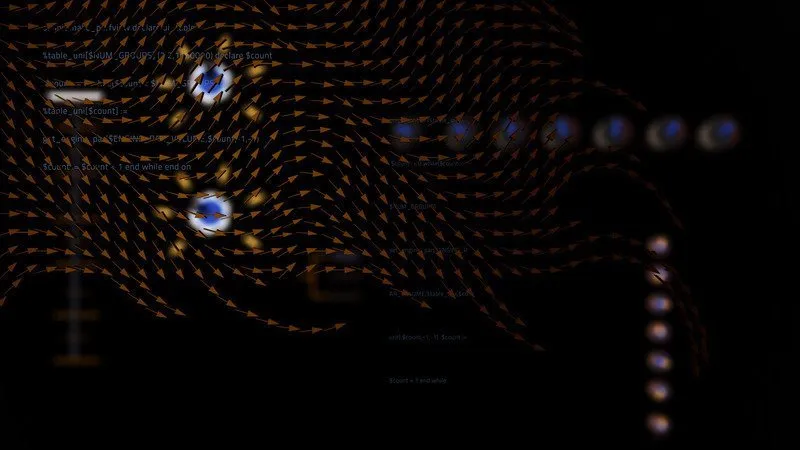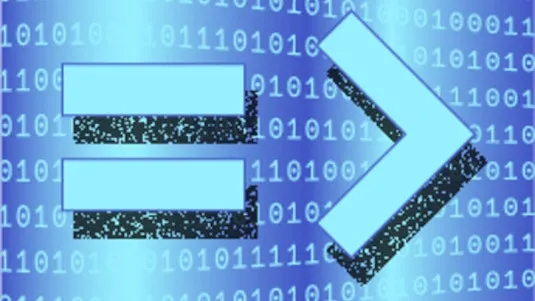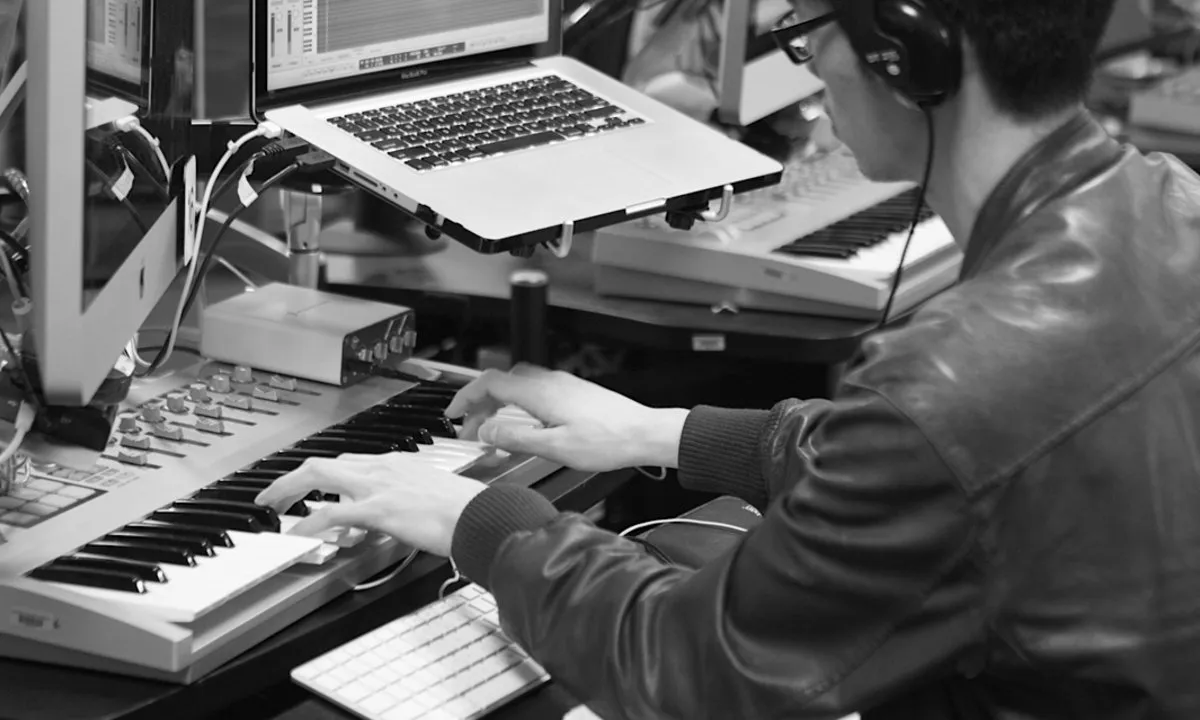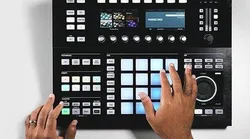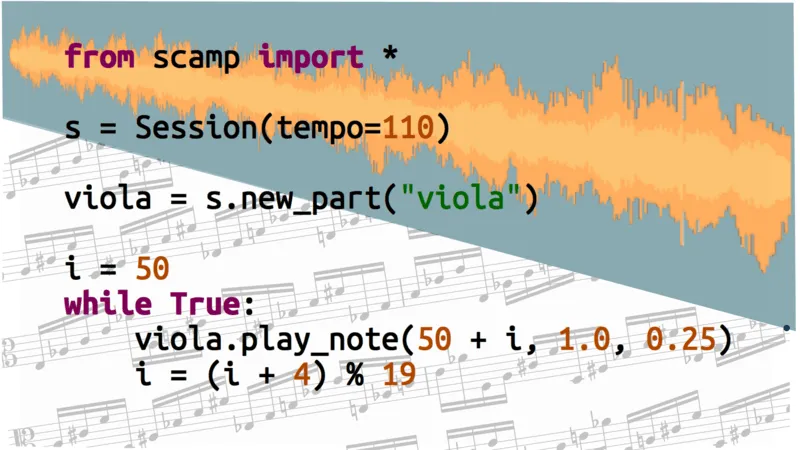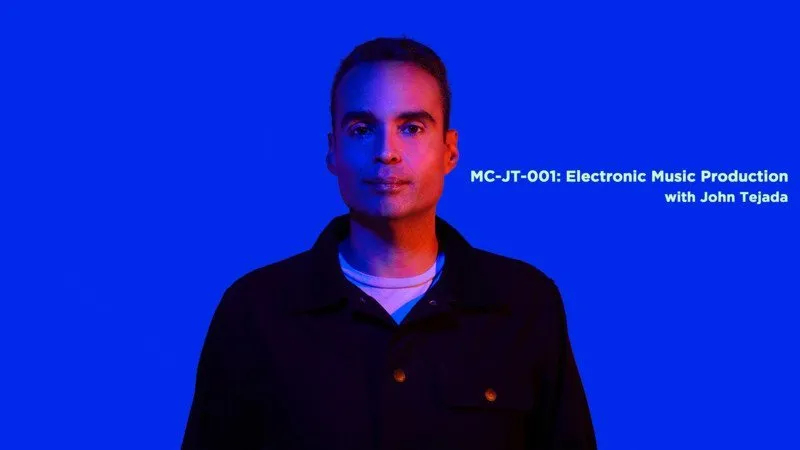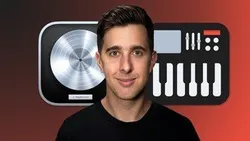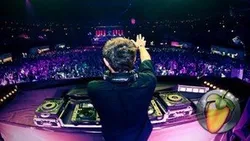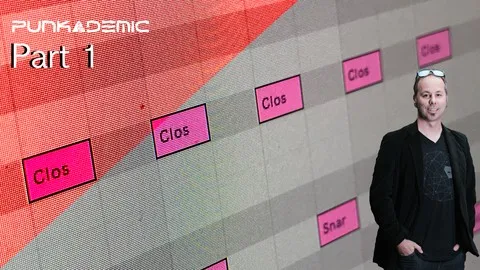Free Online Digital Music Courses and Certifications 2024
Digital music is music that has been encoded into a digital format, such as MP3, WAV, or FLAC. This type of music can be stored, manipulated, and played back on digital devices such as computers, smartphones, and tablets.
Popular Courses
This week, Produce Like A Pro is bringing back their Analog vs Digital Music Production FAQ Friday with a 50% OFF discount on The PLAP Academy. Get up to 91% off courses and learn the past, present, and future of home studio production. Plus, get access to exclusive videos and content. Don't miss out on this great opportunity to improve your music production skills!
Learn MoreThis course is perfect for anyone who wants to become a great DJ and be the life of the party! Learn how to set up and troubleshoot DJ equipment, perform and mix songs to an audience, and even perform advanced mixing techniques. With nearly 2 hours of comprehensive video content, you'll be able to master the skills of DJing and become a great party host. So why wait? Sign up now and start your journey to becoming a great DJ!
Learn MoreThis course provides an introduction to the fascinating world of digital sound design. It covers the fundamentals of sound and audio perception, as well as techniques for recording, mixing, processing, synthesis, sampling, analysis, and editing of digital audio. Students will learn to use freely distributed audio production software for both PC and Mac, and will gain an array of sound design and editing techniques for use in film, web-based media, art installations, soundscape creations, and live and internet music performances. Come explore the power of sound and discover how to create your own unique audio experiences!
Learn MoreThis course is designed to help students explore practical contemporary synthesis techniques in the context of creating a musical composition. It focuses on the musical and emotional implications of synthesizer components and techniques such as envelopes, LFO’s, filters, oscillators, modulation, and audio effects. Through frequent peer feedback on both the synthesizer patches and musical composition, students will develop their technical and musical capabilities. Upon completion of the course, students will have a solid foundation in practical contemporary synthesis techniques, a piece of music to demonstrate their skills, and the ability to critique synthesizer patches.
Learn MoreThis course provides an introduction to audio synthesis and visual programming using Native Instruments' Reaktor Software. Students will explore various audio synthesis methods, such as additive, subtractive, sampling, wavetable, physical modeling, and granular synthesis, as well as the various types of modulation synthesis. They will also learn about the history of the synthesizer and electronic music, and gain insight into current sound design trends. Topics covered include sound and waveform characteristics, modulation/filters/envelopes, MIDI/OSC, analog and digital signals, signal flow, DAWs/sequencing, sound design, audio effects, production techniques, and audio warping/FFT. Join this course to gain a comprehensive understanding of sound synthesis and Reaktor!
Learn MoreThis four-session course is designed to help users explore a practical approach to composing and producing music with Native Instruments Kontakt. Through weekly assignments, users will gain practical experience in putting technical skills into a musical context. Topics covered include Kontakt library, signal flow, layering, working with drums, building custom sampled instruments, file management, modulation, audio FX, automation, and DAW integration. By the end of the course, users will have created four original compositions with Kontakt, in addition to numerous custom sampled instruments. This course is perfect for those looking to gain a better understanding of sound design with Kontakt.
Learn MoreThis course introduces programming to musicians and digital artists. It covers the fundamentals of programming, such as logic, loops, functions, and objects, as well as advanced topics like multi-threading, events, and signals. Students will create expressive digital instruments that make sound and music in response to program logic. The course uses the ChucK language, which provides precise control over time, audio computation, and user interface elements. Special guest lectures from the creators of ChucK, Dr. Ge Wang and Dr. Perry R. Cook, will be included. This course is perfect for those who want to learn to program in C++, Java, and other languages.
Learn MoreThis project-centered course is perfect for aspiring producers, composers, and hobbyists who want to gain skills in music production and confidence using software synthesizers. You will create sounds and use them in your own musical compositions, and work with a free version of FXpansion Strobe 2. You should have experience with a digital audio workstation that supports VST, AAX, or AU plugins, a MIDI keyboard or controller, and a digital audio workstation. With guidance from your instructor and classmates, you will create a massive database of designed sounds to use in your compositions. When you complete the course, you’ll have a finished project that you’ll be proud to use and share.
Learn MoreThis course is perfect for aspiring EDM producers who want to stay up to date with the latest trends and techniques. It will provide a strong foundation in the fundamentals of EDM production, from mastering foundational audio concepts to learning time tested recording and mixing techniques. It will also cover the roles and responsibilities of a music producer. So, if you're looking to become an EDM producer, this course is for you!
Learn MoreThis course is an exciting exploration into the world of algorithmic and computer-assisted composition using Python and the newly developed SCAMP framework. Whether you are a beginner or experienced programmer, you will learn the fundamentals of Python programming and the musical potential of the SCAMP framework. Marc Evanstein is the instructor for this micro-course, and you can preview his teaching approach on his Youtube channel: music.py. Join this course to unlock the endless possibilities of computer-assisted music in Python!
Learn MoreLearn the secrets of electronic music production from John Tejada, a 25+ year veteran of the industry. In this project-driven course, you'll go behind the scenes with Tejada and learn everything you need to know to complete a song from start to finish. Covering sound design, arranging, mixing, and mastering, Tejada will help you create the same kind of punchy, expertly-produced mixes he is known for. Simplify the creative process and learn how to make your mix translate to different speakers and environments. Get the same practices and techniques Tejada has been using in his productions for years.
Learn MoreThis Songwriting for Electronic Music Production course is perfect for anyone looking to create their own music in Logic Pro X. With this course, you'll learn how to create drums and bass parts, write memorable melodies, arrange and structure your music, produce and mix your songs, write vocal parts, and tell stories with your lyric writing. You'll also get tips and techniques to make amazing sounding music and improve your songwriting skills. The instructor, Tomas, is a full-time Music Producer and Educator with a MMus Masters Degree in Music Production and a BA(Hons) Degree in Music Composition. He has taught over 290,000 students and is passionate about teaching. Join this course and start writing your own songs as an Electronic Producer in Logic Pro X.
Learn MoreAre you interested in becoming a Music Producer and making hundreds of thousands of dollars? Do you want to learn how to make your own beats and songs, compose music for games and movies, and make money from record sales? You don't need to have music experience or untapped innate musical talent to become a Music Producer. In this course, Millionaire DJ: FL Studio 12 - Pro Music Production Course, you will learn powerful methods to become a Music Producer. Famous DJs like Avicii and Martin Garrix have no musical training and taught themselves everything they know. You can do it too! One and a half months after learning Music Production, the instructor got a job in the music industry making hundreds of dollars per song. This was all entirely self-taught and without formal musical training. Don't miss out on this opportunity to change your life and start making money from your music. Invest in your future and join this course today!
Learn MoreArmin Van Buuren, the platinum-selling DJ, is offering an online class to teach you how to produce, perform, and promote dance music. In this class, he will break down his hits and build a track from scratch to show you his technical process for using samples and plug-ins, mixing, recording vocals, and how to DJ a set. With 41 million listeners tuning into his radio show every week, this is your chance to learn from the master and get your crowd waiting.
Learn MoreGain an introduction to How to Build an Approval Workflow Application with Caspio
Learn MoreGet a comprehensive overview of Drum Programming Masterclass Part 1: Rhythms & Patterns
Learn More Frequently Asked Questions and Answers
Q1: What is the meaning of digital music?
Music that has been recorded in or converted to a digital format is often referred to as digital music. While the compact disc (CD) was the initial digital music format, the term commonly encompasses music in MP3 and other compressed music formats that are downloaded over the Internet.
Q2: Can you own digital music?
One of the reasons why it makes sense to purchase and own music is that it offers several key benefits. When individuals buy digital music files, such as MP3 or FLAC, they gain ownership of the tracks and can transfer them to any desired device. Additionally, this purchase contributes to providing the artist with more financial support, enabling them to continue creating more music.
Q3: What's a digital album music?
A digital album refers to an album that can be downloaded, distinguishing it from a physical CD. When an individual acquires a digital album, they will receive an email containing a download link.
Q4: Why does digital music sound better?
The signal-to-noise ratio (SNR) refers to the level of noise produced by the recording's signal in relation to the speakers. The bit depth of the recording can determine whether digital recordings possess a higher signal-to-noise ratio.
Q5: What is the difference between digital music and analog music?
Digital music is commonly associated with MP3 music as it is a prevalent file format in which digital music is found. The term "digital music" is typically used when comparing it to analog media, where the sound is stored physically, such as on magnetic tapes or vinyl records.
Q6: What Digital Music courses can I find on AZ Class?
On this page, we have collected free or certified 71 Digital Music online courses from various platforms. The list currently only displays up to 50 items. If you have other needs, please contact us.
Q7: Can I learn Digital Music for free?
Yes, If you don’t know Digital Music, we recommend that you try free online courses, some of which offer certification (please refer to the latest list on the webpage as the standard). Wish you a good online learning experience!
